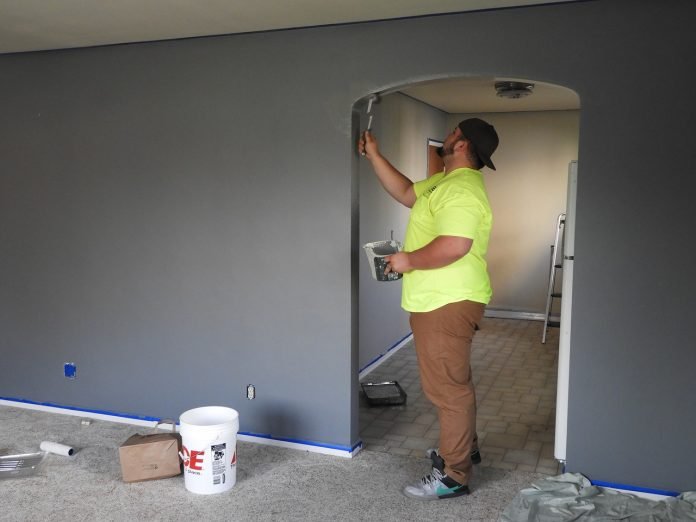The home improvement scam starts when contractors show up on your doorstep uninvited. They say that they just happened to be doing some work in the neighborhood and noticed that your house is in need of some repairs.
They offer to fix your roof, reside your house or perform other repairs for what sounds like a great price.
If this happens to you, be on guard. The ever helpful repair man or woman at your door might just turn out to be an unscrupulous contractor or an con artist who is out to get your money with a home improvement scam.
Shady contractors will often ask for payment up front then disappear with your money.
Others will do shoddy work or claim to have discovered some hidden problem in your house that needs immediate attention and significantly raises the cost. This is also known as a sales tactic called upselling.
Con artists look to prey on homeowners when they are vulnerable. If your house has been damaged by a storm or natural disaster, a scammer may show up and try to persuade you to sign over the payment from your insurance company.
Some crooked contractors seek out older homeowners with memory or cognitive problems, hoping to con them into paying multiple times for the same work.
Here’s what you can do to avoid being victimized by a home repair scam.
Warning Signs
- Beware of contractors who say they stopped by because they just happen to be in your neighborhood. The good ones are usually too busy to roam around in search of work.
- Be skeptical if a contractor says he can offer a lower price because he’ll be using surplus material. That could mean he over billed a previous customer or didn’t finish the work on someone else’s home.
Use Caution
- Don’t pay cash. The Federal Trade Commission recommends paying by check or credit card, or better yet, arranging financing but don’t let the contractor arrange financing for you. The FTC warns that you might be tricked into signing up for a home-equity loan with hefty fees or a high interest rate, or one in which the lender pays the contractor directly, giving him or her little incentive to finish the job or do it properly.
- Don’t put down a big deposit. The initial payment should be no more than a third of the total estimate, payable on the day the materials arrive.
- Insist on seeing references. The Federal Trade Commission recommends asking past customers detailed questions, including whether the project was completed on time and if there were unexpected costs.
- When you get references, you should visit a job currently in progress.
- Before you make the final payment, verify that all work has been completed to your satisfaction, any subcontractors or suppliers have been paid and that the job site has been cleaned up.




